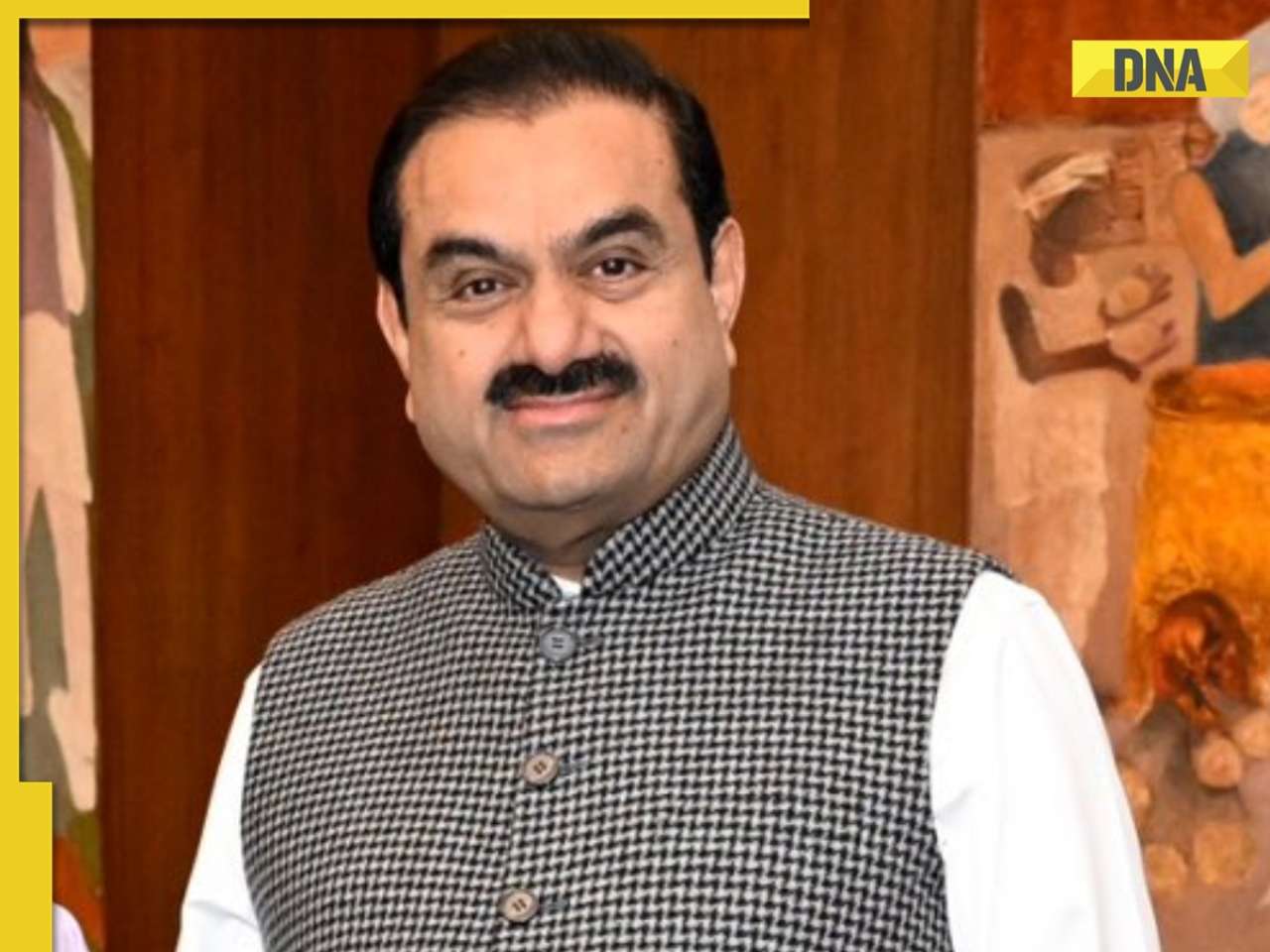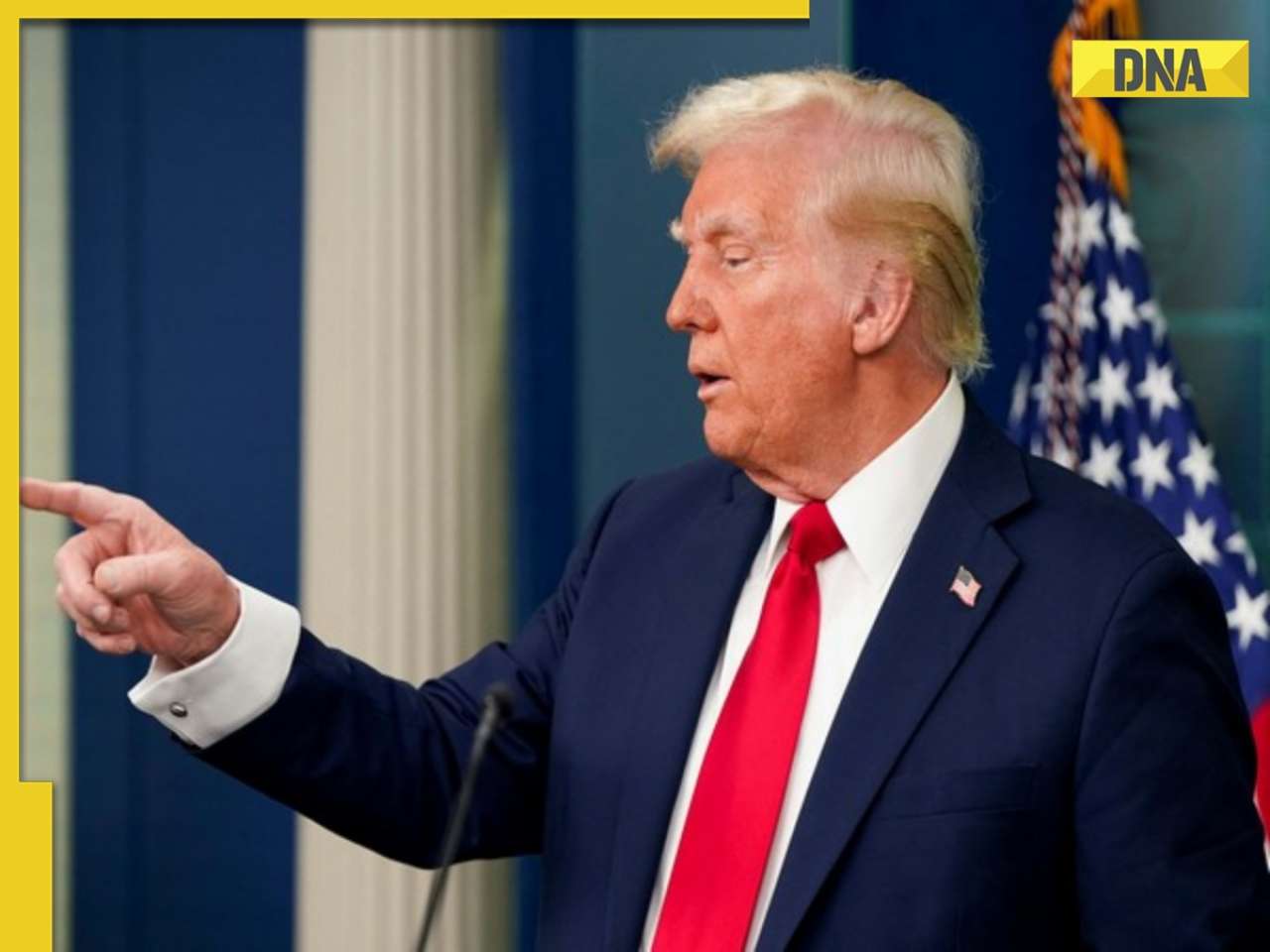Pakistan's Chief of the Air Staff Zaheer Ahmed Baber Sidhu paid a visit to the US. This was the first visit by a serving Pakistan Air Force (PAF) chief in over a decade.
Pakistan's Army Chief Field Marshal Asim Munir visited the United States to meet President Donald Trump days after India-Pakistan ceasefire, which Trump takes the credit of. Donald Trump and Asim Munir met each other during lunch, and held key discussion on military collaboratios. Now days after Asim Munir, Pakistan's Chief of the Air Staff Zaheer Ahmed Baber Sidhu also paid a visit to the US. This visit comes amid Pakistan's efforts to further enhance bilateral defence cooperation with the US. This was the first visit by a serving Pakistan Air Force (PAF) chief in over a decade.
Pakistan Air Force released an official statement, "The Chief of the Air Staff of Pakistan Air Force, Air Chief Marshal Zaheer Ahmed Babar Sidhu, paid an official visit to the US, the first visit by any serving Air Chief of the Pakistan Air Force in over a decade, which will further enhance bilateral defence cooperation and mutual interests."
"This high-level visit is a strategic milestone in the Pak-US defence partnership. The visit will play a significant role in addressing key regional and global security issues as well as building institutional ties," it added.
Air Chief Marshal's US visit
As per the statement, Pakistan's Air Chief Marshal Sidhu held several important meetings with the top military and political leadership of the country during the visit to the US. At the Pentagon, he met US Secretary of the Air Force for International Affairs Kelly L. Seybolt and Air Force Chief of Staff General David W. Elon, where the two sides agreed to forge new avenues for bilateral military cooperation, mutual affairs, joint training and technology exchange.
The PAF chief highlighted the historical and multi-faceted relations between Pakistan and the US, particularly in the defence sector. Sidhu reiterated Pakistan's commitment to further strengthening the existing relations between the air forces of the two countries in the areas of military cooperation and training.
During the detailed discussions, the two sides also agreed to establish high-level military relations in the future. They reiterated their commitment to forge new avenues for cooperation between the two countries in various fields, including joint training, operational exercises and exchange programmes, and to intensify efforts for this purpose, the statement said.
During his visit to the US State Department, Sidhu met Brown L. Stanley of the Bureau of Political and Military Affairs and Eric Meyer of the Bureau of South and Central Asian Affairs. The meetings highlighted Pakistan's constructive role in promoting regional stability, the country's commitment to its ongoing counter-terrorism efforts, and its perspective on the evolving geopolitical landscape of South and Central Asia, the statement said.
During his visit to Capitol Hill, Sidhu held important meetings with prominent members of the US Congress, including Mike Turner, Rich McCormick, and Bill Heizenga. These meetings not only reinforced the importance of bilateral relations and cooperation but also provided a valuable opportunity to articulate Pakistan's perspective on strategic challenges, regional security framework, and the impact of emerging technologies on defence cooperation at the international level, the statement said.
This historic visit not only reaffirmed the PAF's commitment to promoting regional and global peace, but also laid the foundation for institutional cooperation, strategic dialogue, and joint operations between the PAF and the US Air Force, the PAF said. The visit comes weeks after President Donald Trump hosted Munir for lunch, followed by a detailed meeting between the two.
(with agency inputs)
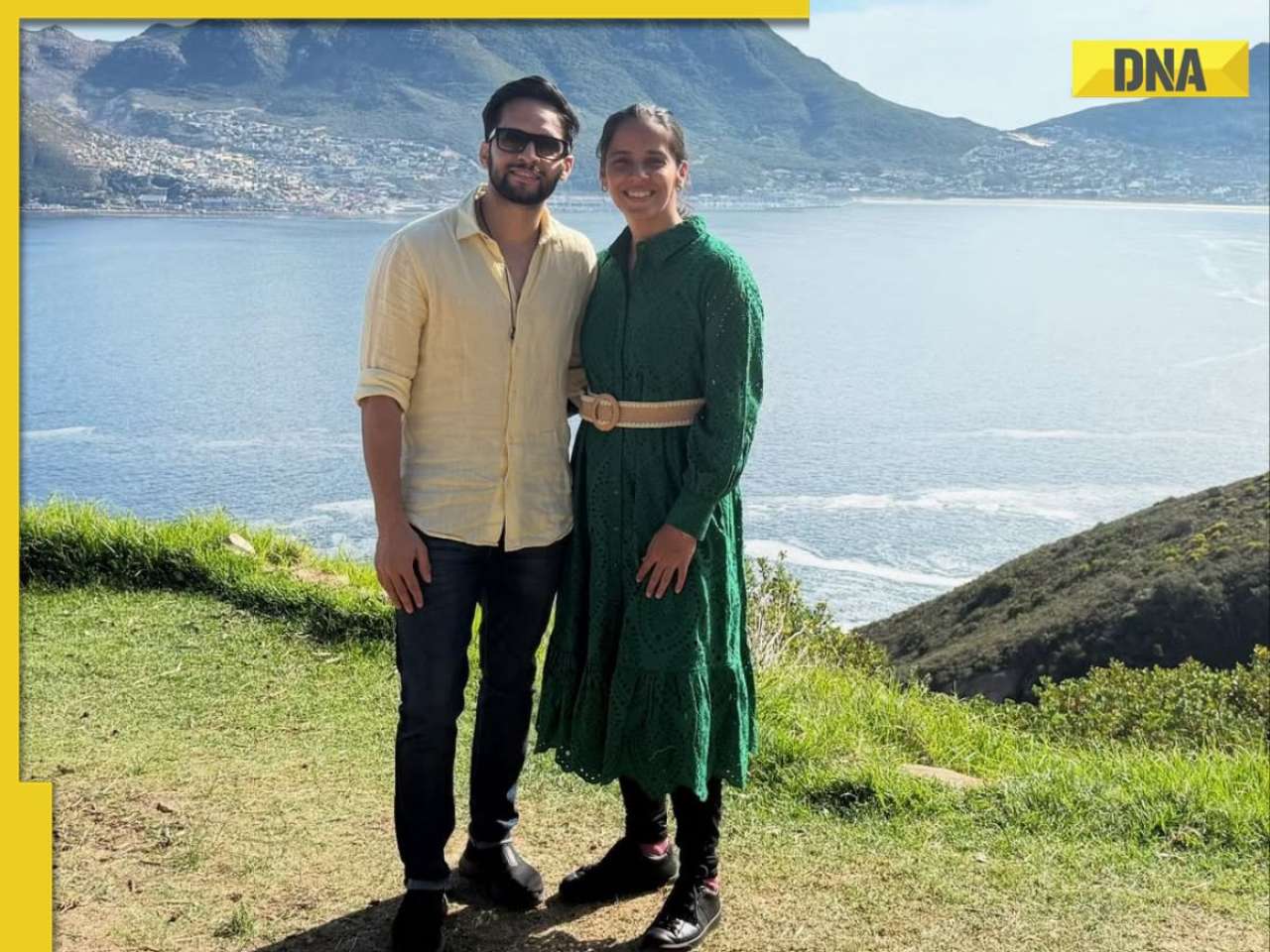 'Sometimes distance teaches you...': Saina Nehwal, Parupalli Kashyap rekindle relationship less than a month after parting ways
'Sometimes distance teaches you...': Saina Nehwal, Parupalli Kashyap rekindle relationship less than a month after parting ways Earthquake of 5.4 magnitude jolts parts of Pakistan
Earthquake of 5.4 magnitude jolts parts of Pakistan 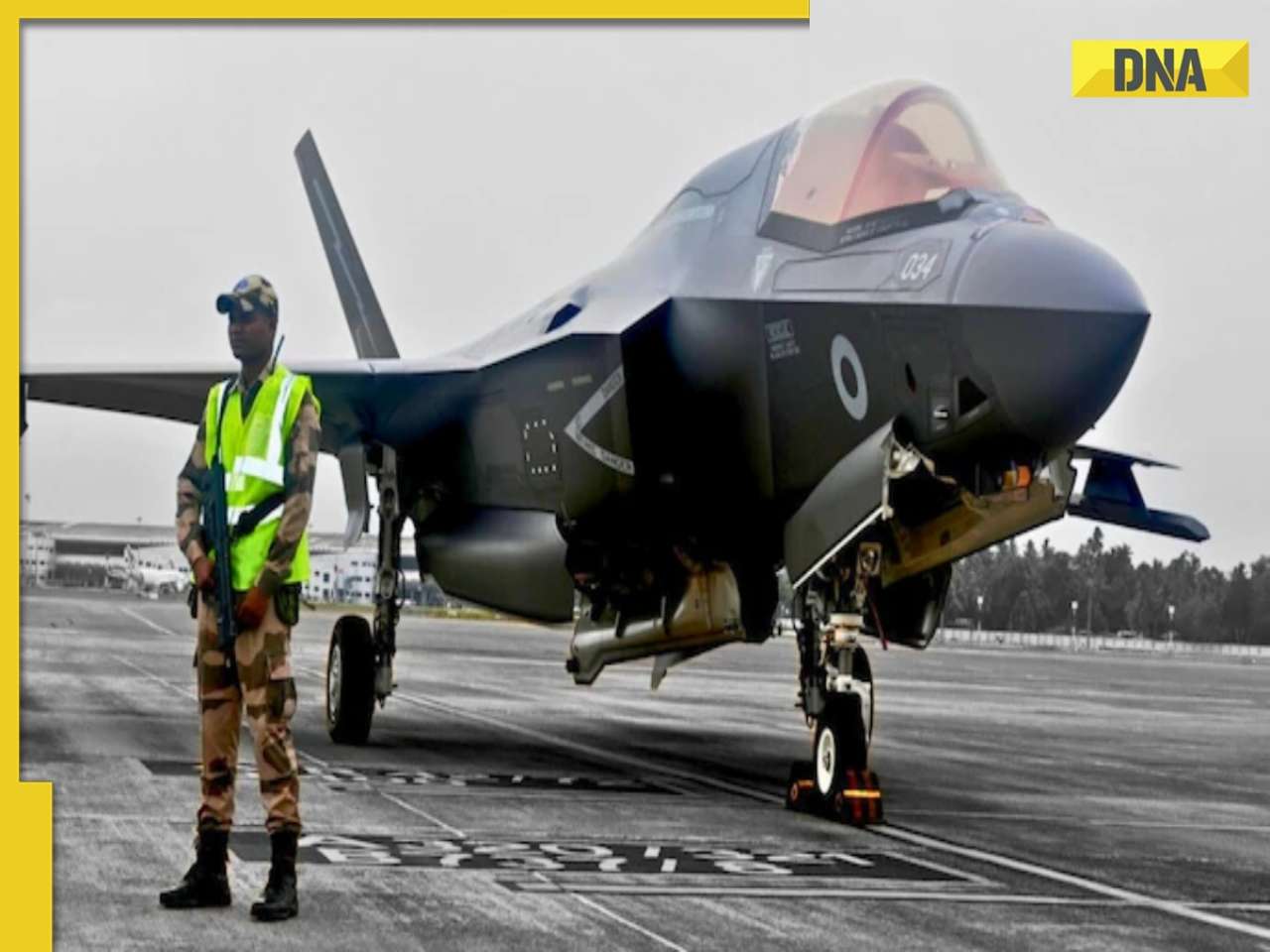 Centre's BIG statement on F-35 fighter jets deal with US, says, 'No formal discussions...'
Centre's BIG statement on F-35 fighter jets deal with US, says, 'No formal discussions...' Coolie trailer review: Rajinikanth is back in vintage mass avatar, but lacks stong plot, Aamir Khan looks wasted, War 2 will easily overpower Thalaiva in North
Coolie trailer review: Rajinikanth is back in vintage mass avatar, but lacks stong plot, Aamir Khan looks wasted, War 2 will easily overpower Thalaiva in North  Jasprit Bumrah to miss Asia Cup 2025? Report makes BIG claim amidst workload concerns
Jasprit Bumrah to miss Asia Cup 2025? Report makes BIG claim amidst workload concerns Jeera water vs Saunf water: Which morning drink works better for you?
Jeera water vs Saunf water: Which morning drink works better for you? 8 surprising ways to use orange peel in kitchen
8 surprising ways to use orange peel in kitchen NASA shares 8 breathtaking images of Helix Nebula
NASA shares 8 breathtaking images of Helix Nebula 7 silent signs of bone cancer you should never ignore
7 silent signs of bone cancer you should never ignore
 7 mesmerising star formation images captured by NASA's James Webb Space Telescope
7 mesmerising star formation images captured by NASA's James Webb Space Telescope Exclusive: Jyoti Malhotra on Volvo XC60, New Launches & Volvo’s India Strategy | Volvo Car India MD
Exclusive: Jyoti Malhotra on Volvo XC60, New Launches & Volvo’s India Strategy | Volvo Car India MD Exclusive Interview: Rajeev Kapur on Steelbird’s New Helmets & Global Strategy!
Exclusive Interview: Rajeev Kapur on Steelbird’s New Helmets & Global Strategy! Futuristic Education: AI or Natural Intelligence, What's in focus? | Rajiv Tandon, BITS Pilani Digital
Futuristic Education: AI or Natural Intelligence, What's in focus? | Rajiv Tandon, BITS Pilani Digital Tata Harrier EV Review | Most Advanced Electric SUV from Tata?
Tata Harrier EV Review | Most Advanced Electric SUV from Tata? Vida VX2 Plus Electric Scooter Review: Range, Power & Real-World Ride Tested!
Vida VX2 Plus Electric Scooter Review: Range, Power & Real-World Ride Tested!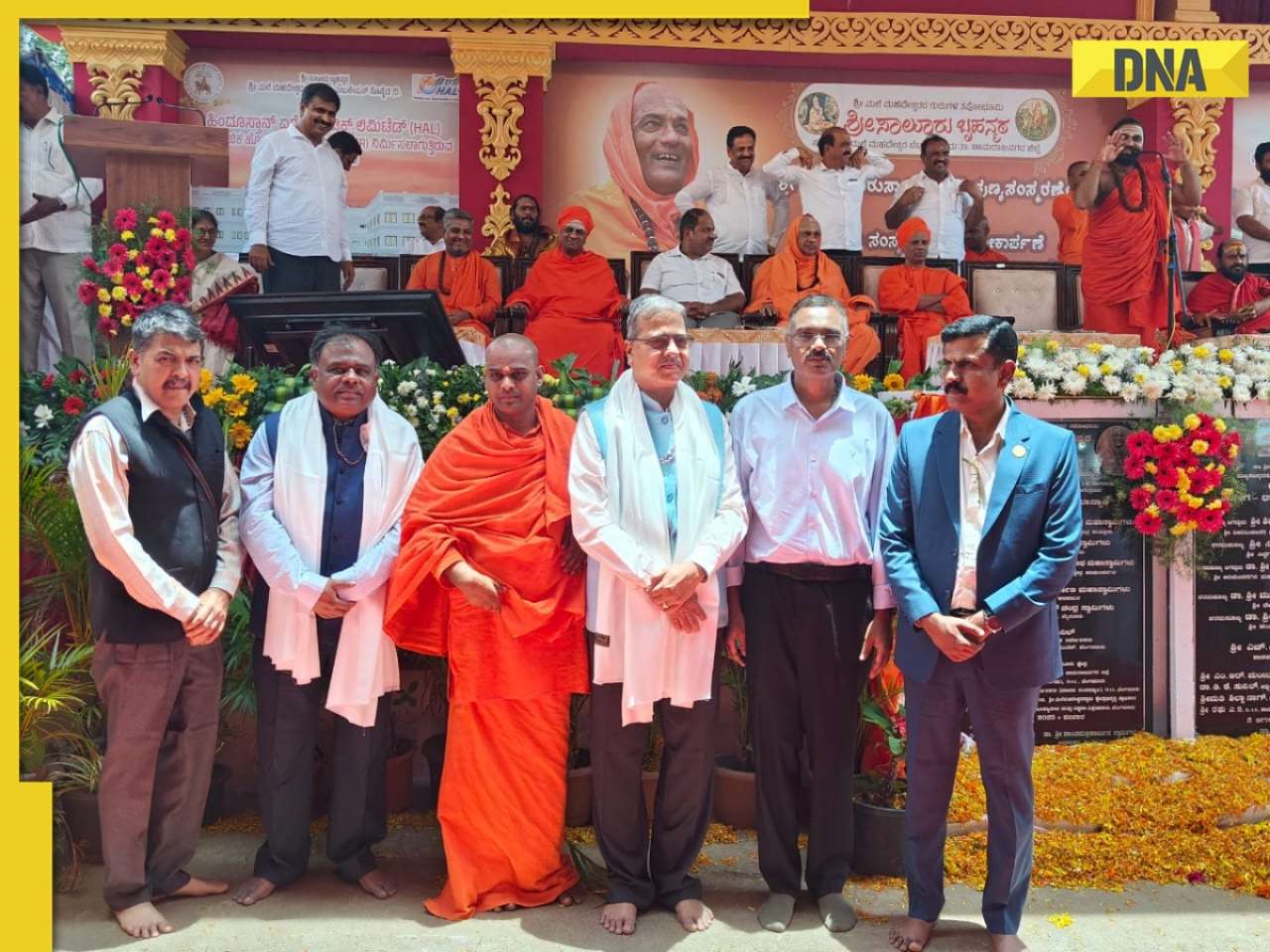 HAL signs historic Rs 4.77 crore education MoU at Salur Math in MM Hills Karnataka
HAL signs historic Rs 4.77 crore education MoU at Salur Math in MM Hills Karnataka 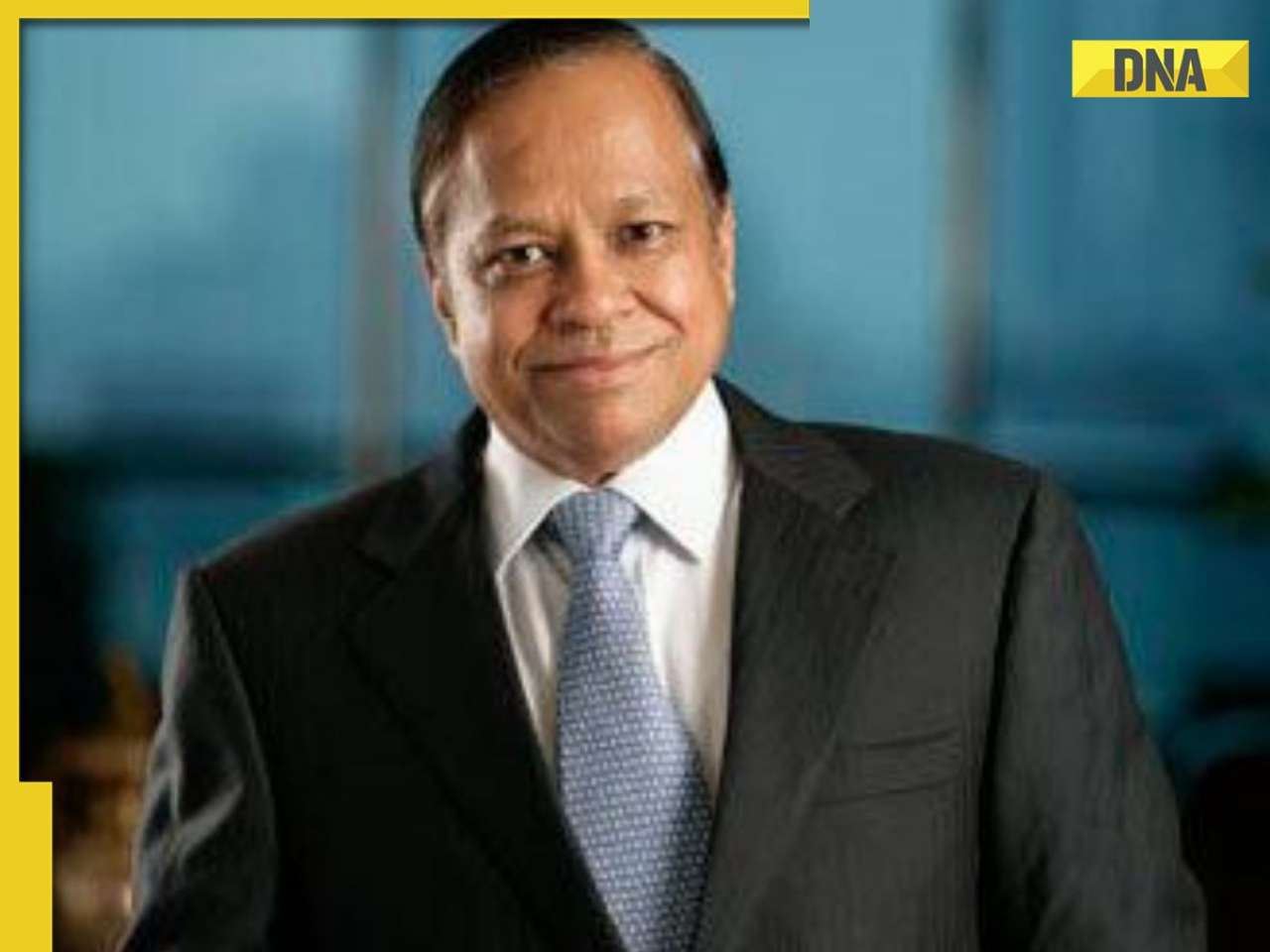 Meet Indian-origin richest man in Indonesia, with net worth of Rs 725000000000, brother-in-law of India's famous billionaire, his business is...
Meet Indian-origin richest man in Indonesia, with net worth of Rs 725000000000, brother-in-law of India's famous billionaire, his business is... ED issues Look Out Circular against Anil Ambani in Rs 17,000 crore bank loan fraud case
ED issues Look Out Circular against Anil Ambani in Rs 17,000 crore bank loan fraud case BIG move by BSNL as it rolls out new plan for just Re 1; check validity, offer, data limit and more
BIG move by BSNL as it rolls out new plan for just Re 1; check validity, offer, data limit and more Elon Musk's Tesla set to open 1st charging station in India on...; check charging speed, price
Elon Musk's Tesla set to open 1st charging station in India on...; check charging speed, price Preity Zinta’s go-to fitness formula for staying lean and active at 50, 'It does not matter how long...'
Preity Zinta’s go-to fitness formula for staying lean and active at 50, 'It does not matter how long...' Liked Kingdom? Don’t miss these 5 Vijay Deverakonda films that showcase his versatility
Liked Kingdom? Don’t miss these 5 Vijay Deverakonda films that showcase his versatility Before watching Vijay Deverakonda’s Kingdom, know 5 box office hits he said NO to
Before watching Vijay Deverakonda’s Kingdom, know 5 box office hits he said NO to Pooja Batra’s monokini look is blend of tropical vibes and monsoon style inspiration; SEE PICS
Pooja Batra’s monokini look is blend of tropical vibes and monsoon style inspiration; SEE PICS Taarak Mehta Ka Ooltah Chashmah star Deepti Sadhwani’s simple diet plan helped her lose 17 Kg in 6 months: Here’s how she did it
Taarak Mehta Ka Ooltah Chashmah star Deepti Sadhwani’s simple diet plan helped her lose 17 Kg in 6 months: Here’s how she did it Centre's BIG statement on F-35 fighter jets deal with US, says, 'No formal discussions...'
Centre's BIG statement on F-35 fighter jets deal with US, says, 'No formal discussions...'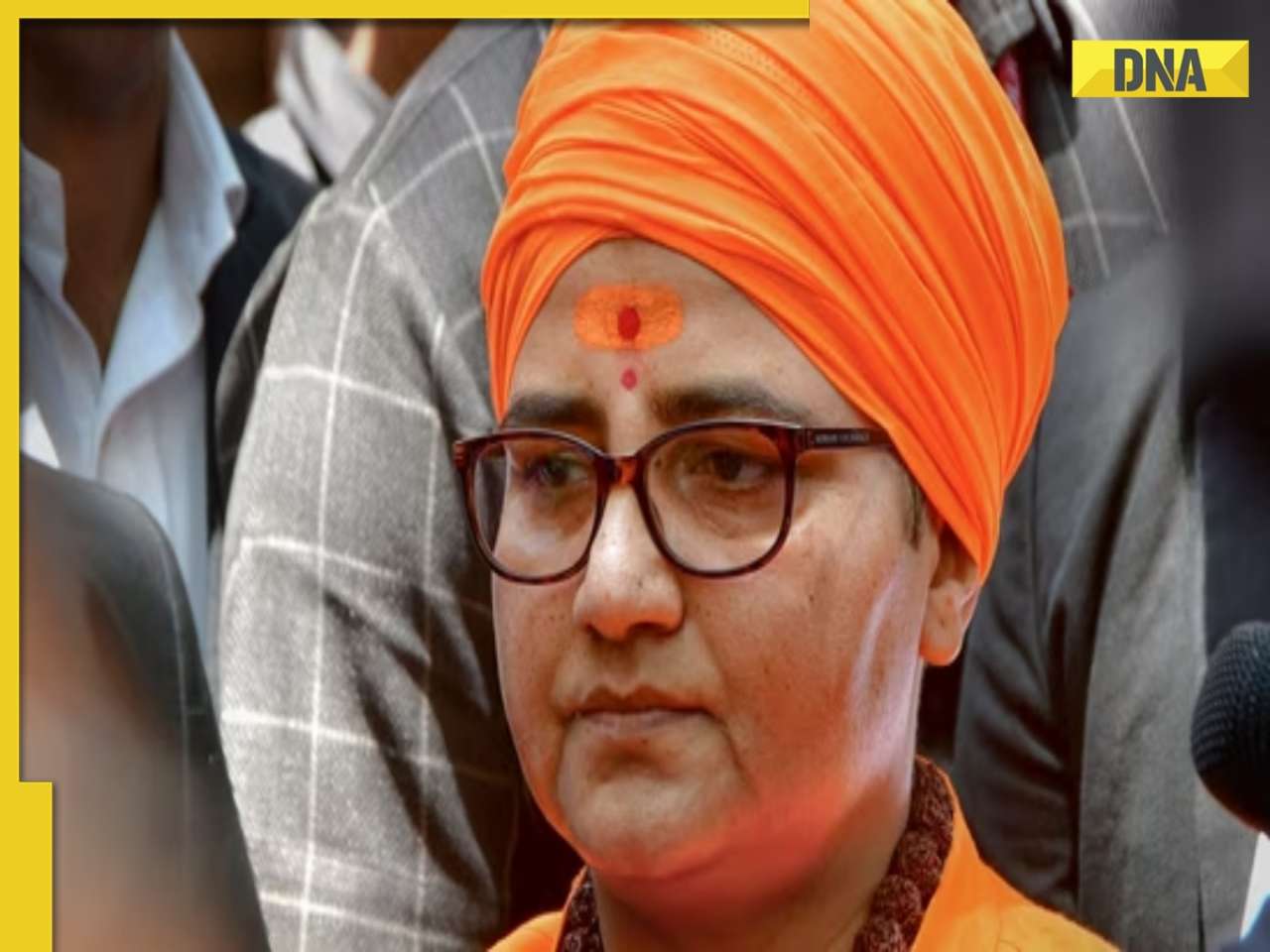 Pragya Thakur's SHOCKING claim on Malegaon blast case, says, 'was forced to take names of...'
Pragya Thakur's SHOCKING claim on Malegaon blast case, says, 'was forced to take names of...' Former JDS MP Prajwal Revanna sentenced to life imprisonment for sexually assaulting house help
Former JDS MP Prajwal Revanna sentenced to life imprisonment for sexually assaulting house help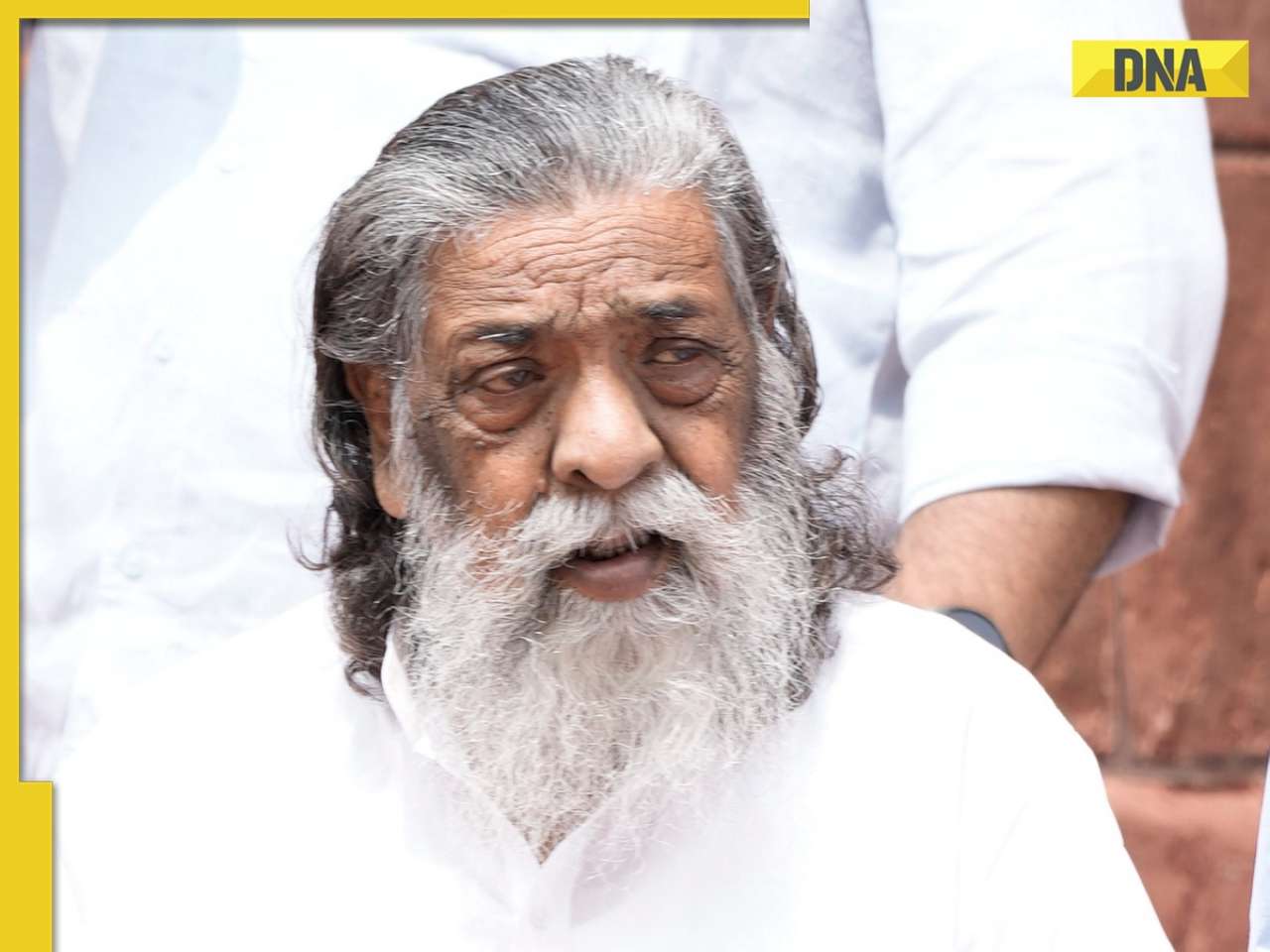 Former Jharkhand CM Shibu Soren critical, on ventilator: Reports
Former Jharkhand CM Shibu Soren critical, on ventilator: Reports 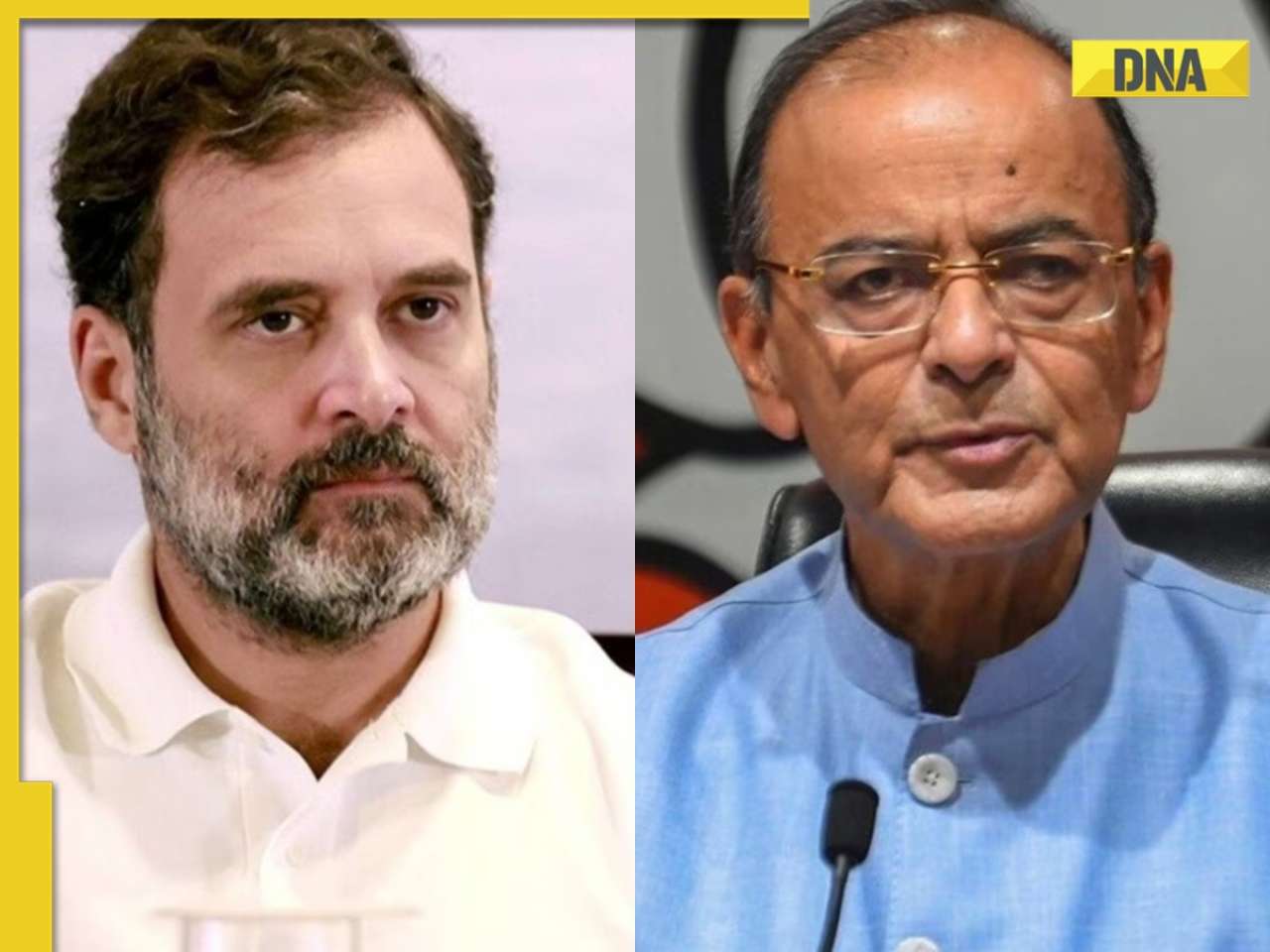 Rahul Gandhi alleges NDA government sent late Arun Jaitley to 'threaten' him over farm laws, introduced a year after his death; son Rohan Jaitley reacts
Rahul Gandhi alleges NDA government sent late Arun Jaitley to 'threaten' him over farm laws, introduced a year after his death; son Rohan Jaitley reacts Over 2800 MBBS seats go unfilled in 2024 despite 39% rise due to...
Over 2800 MBBS seats go unfilled in 2024 despite 39% rise due to...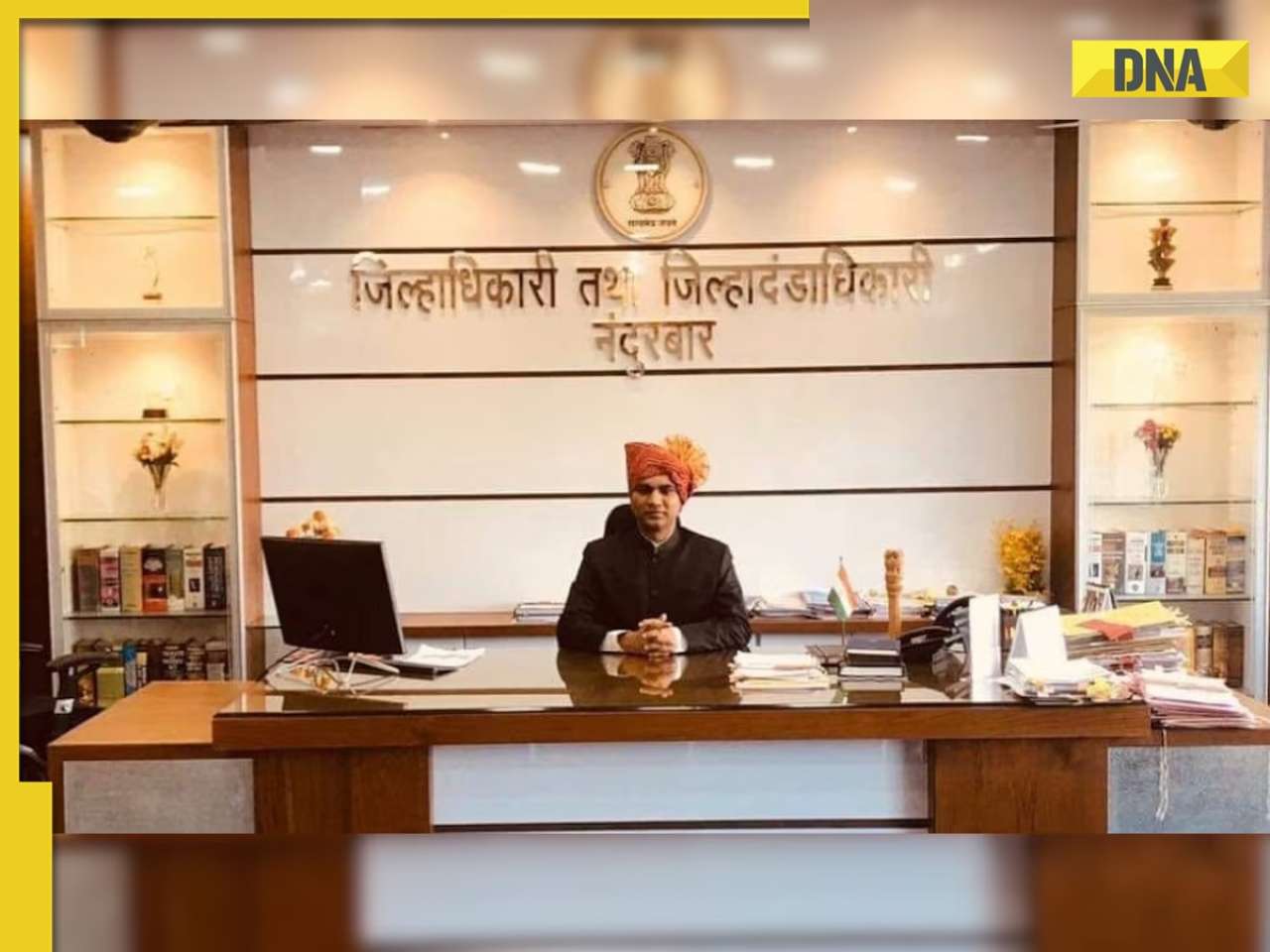 Meet IAS officer, whose mother used to sell desi wine, studied MBBS, later cracked UPSC with AIR..., he is...
Meet IAS officer, whose mother used to sell desi wine, studied MBBS, later cracked UPSC with AIR..., he is... Meet woman, NLU grad, who left her job at legal firm, topped UPSC exam in second attempt with AIR..., her backup plan was...
Meet woman, NLU grad, who left her job at legal firm, topped UPSC exam in second attempt with AIR..., her backup plan was... Meet woman who left medical studies to fulfill father’s wish, cracked UPSC exam, became IPS, then IAS officer after failing thrice, her AIR is...
Meet woman who left medical studies to fulfill father’s wish, cracked UPSC exam, became IPS, then IAS officer after failing thrice, her AIR is... Meet woman, 3.5 feet tall IAS officer who was once made fun of, later graduated from DU, cracked UPSC exam on her first attempt, she is...
Meet woman, 3.5 feet tall IAS officer who was once made fun of, later graduated from DU, cracked UPSC exam on her first attempt, she is... Maruti Suzuki's e Vitara set to debut electric market at Rs..., with range of over 500 km, to launch on...
Maruti Suzuki's e Vitara set to debut electric market at Rs..., with range of over 500 km, to launch on... This is world’s most expensive wood, cost of 1kg wood is more than gold, its name is..., is found in...
This is world’s most expensive wood, cost of 1kg wood is more than gold, its name is..., is found in... This luxury car is first choice of Indians, even left BMW, Jaguar, Audi behind in sales, it is...
This luxury car is first choice of Indians, even left BMW, Jaguar, Audi behind in sales, it is... Kia India unveils Carens Clavis: Check features, design changes, price and more; bookings open on...
Kia India unveils Carens Clavis: Check features, design changes, price and more; bookings open on... Tesla CEO Elon Musk launches most affordable Cybertruck, but it costs Rs 830000 more than older version, it is worth Rs...
Tesla CEO Elon Musk launches most affordable Cybertruck, but it costs Rs 830000 more than older version, it is worth Rs...




)
)
)
)
)
)
)
)
)
)
)
)
)
)
)
)
